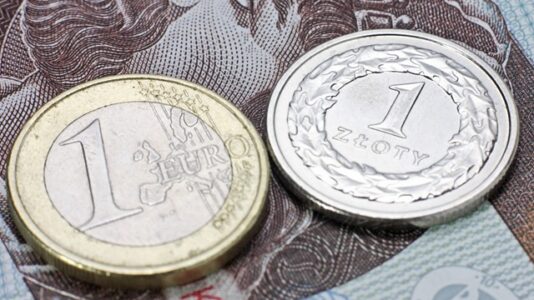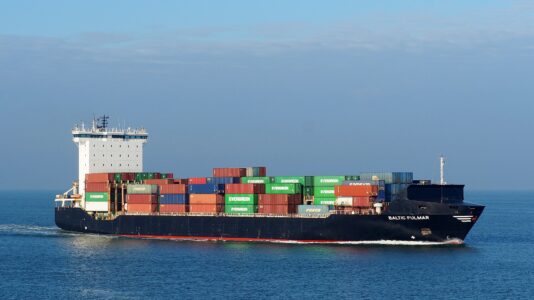According to the French, the European Union’s best interests are invariably aligned with those of France. Anything that does not serve France, they argue, cannot possibly serve the EU, n’est-ce pas?
Therefore, when the EU expanded to include Central European countries two decades ago, and the French perceived the “Polish plumber” – that is, Polish manual laborers – as a threat to both France and thereby the EU, they exerted considerable effort to complicate life for all incoming workers from our part of Europe, not just the Poles.
Over the following decade, French efforts (though not theirs alone) focused on combating Polish transport companies that had quickly come to dominate a significant portion of the EU market. The war waged against our logistics firms involved imposing increasingly restrictive and burdensome regulations, particularly on so-called posted workers. This was done with ruthless efficiency, eventually driving many Polish companies out of the market.
Now, as reported by one business portal, “Puls Biznesu,” France has opened a new front in its economic battle against Poland, which has quietly emerged as a global powerhouse in battery production. It is now the world’s second-largest supplier, after China, boasting the largest lithium-ion battery factory in Europe — LGEnergy Solution in Biskupice.
The French attack on the Polish battery sector involves lobbying for an EU battery regulation stipulation that the absurd “carbon footprint” should not be measured for each specific battery factory but rather for the country as a whole where the factory is located. Given that Poland still derives over 60 percent of its electricity from coal, this proposal would be particularly detrimental to Poland while being extremely beneficial for France, which gets 70 percent of its electricity from nuclear power.
This is likely the exact outcome France is pushing for under the guise of environmental concerns in the EU’s Green Deal: to once again push out Polish competition — just as it did with the “Polish plumbers” and transport companies — and possibly extend such regulation to other industries, potentially targeting more sectors for a French takeover.






